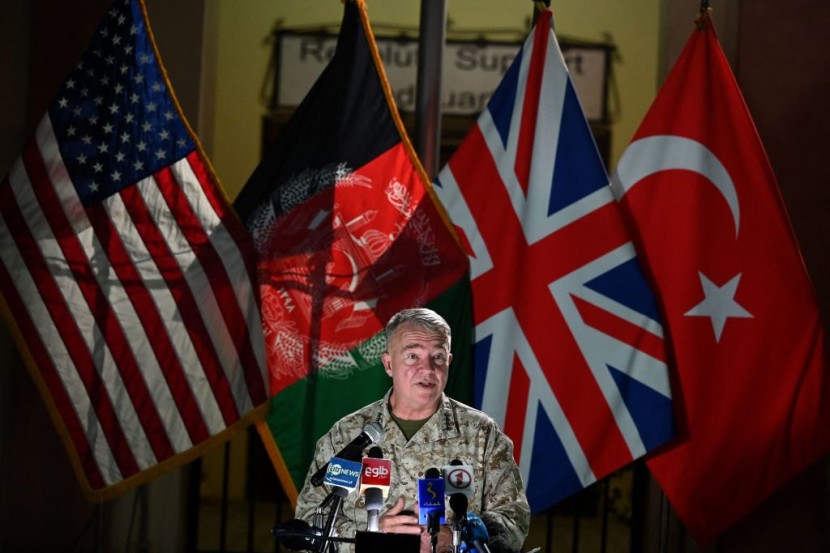In the face of a massive Taliban assault, a top U.S. military commander says airstrikes would continue to help Afghan troops as the militia continues to advance.

U.S. Troops Will Continue to Support Afghan Forces
In a recently published article in The Washington Post, a top US military general has said that the US would continue to conduct airstrikes in support of Afghan forces, despite an uptick in Taliban assaults ahead of the departure of the U.S. and other foreign troops from Afghanistan.
Last week, the U.S. troops bombed Taliban strongholds in at least four airstrikes, including in Kandahar, the Taliban's birthplace in the southern region. According to military authorities, militants have surrounded and taken control of certain sections of the province capital, as well as nearly half of the country's district headquarters.
Additionally, a Top U.S. Military General said several of the attacks occurred amid "close fighting" between Afghan forces and the Taliban. According to the military official, recent attacks were carried out at the request of Afghan troops, including the destruction of stolen vehicles and weaponry.
Head of the U.S. Central Command Released a Statement
The frequency of airstrikes has risen as the Taliban gains more land, according to Marine Gen. Kenneth "Frank" McKenzie, the commander of US Central Command, who took over responsibility for US operations in Afghanistan this month, according to a recently published article in ALJAZEERA.
He said in a statement "We are prepared to continue this heightened level of support in the coming weeks if the Taliban continue their attacks. We're taking airstrikes as we need to take them," according to a recently published article in France 24.
McKenzie reaffirmed that the U.S. airstrikes in support of Afghan troops would stop on August 31, when President Biden has said that the mission will be over and the U.S. departure will be complete. Following that, the primary emphasis will be on logistical assistance through contractors, such as Afghan aircraft maintenance. According to McKenzie, some of them will be evacuated to another nation, refurbished, and then returned to Afghanistan.
Will Airstrikes Stop After the Full Withdrawal of the U.S. Troops
In a recently published article in MSN News, according to the Pentagon, the U.S. pullout is approximately 95% complete. Approximately 650 US military personnel will stay in Afghanistan to protect the US Embassy and Kabul's international airport.
Meanwhile, McKenzie would not go so far as to declare that the US will not attack Taliban targets in support of Afghanistan's beleaguered forces. After the deadline, Obama has said that there would be a high bar for airstrikes: militants plotting terrorist acts on the US homeland or against allies.
As the U.S. presence in Afghanistan decreases, Afghan troops face the prospect of losing intelligence and aerial attack capabilities at the same time that the Taliban continues their territorial push, which has included allegations of mass killings in some areas, including Kandahar province, according to Human Rights Watch.
Furthermore, McKenzie expressed confidence in the Afghan Air Force, which has carried out many airstrikes of its own. Officials from the United States have staked a large wager that the air force built in their image would be a decisive element in the fight against the Taliban and a significant edge over the terrorists.
Related Article : US Military Destroys Equipment Before Leaving Afghanistan








